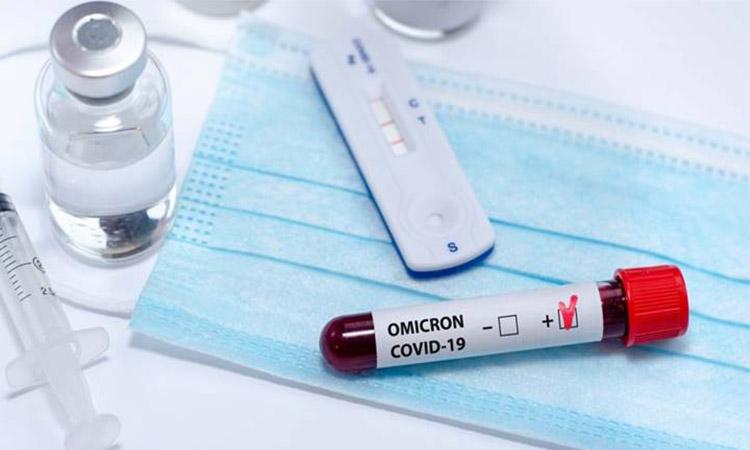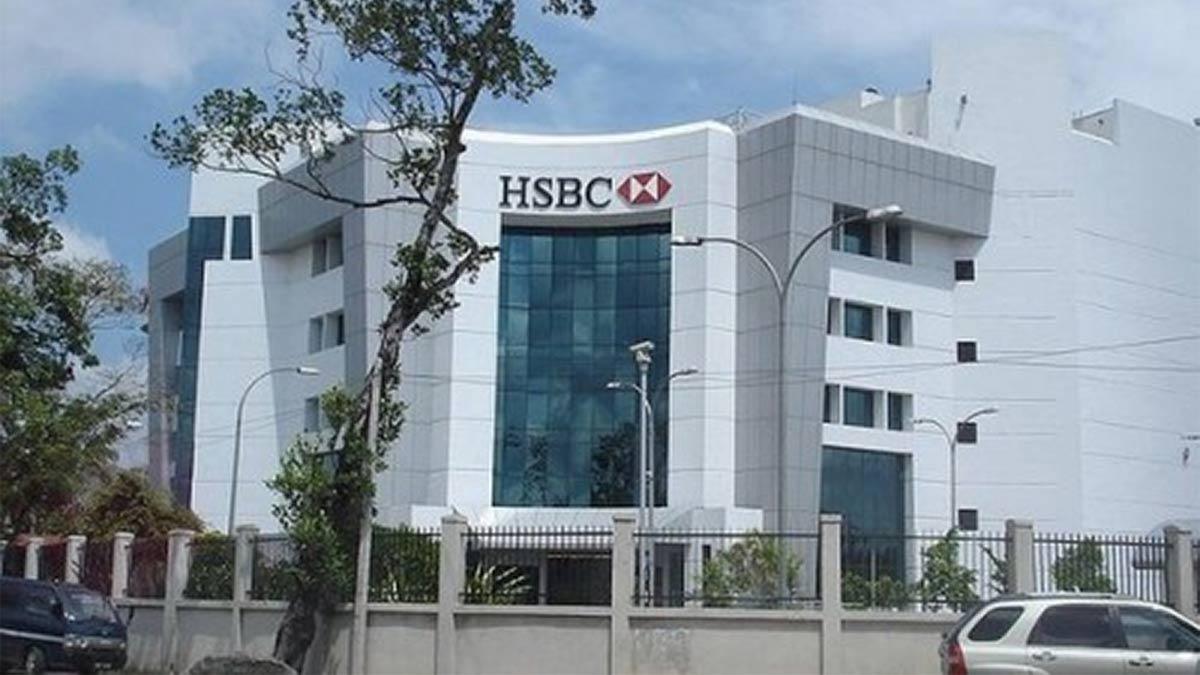The ongoing third pandemic wave led by Omicron could pose fresh turbulence for air traffic, pushing its full recovery into fiscal 2024, ratings agency Crisil said on Thursday.
The agency had earlier expected the full recovery to happen in fiscal 2023.
It said that a material impact on the credit quality of airport operators, however, is unlikely as the dip in revenue is expected to be limited by a likely strong rebound, and the operators have adequate debt servicing cushions, liquidity buffers and financial flexibility to absorb the blip in traffic.
An analysis of the top four private airports -- Delhi, Mumbai, Bengaluru and Hyderabad -- which accounted for 90 per cent of air passenger traffic handled by private airports and 50 per cent of all passenger traffic last fiscal, indicates as much, the agency said.
Also Read | Tata Teleservices stocks hit 5% lower circuit for 2nd straight session
"The high infection rate of Omicron has resulted in several state governments and local authorities, such as Delhi and Mumbai, announcing restrictions on movement," said Manish Gupta, Senior Director, Crisil Ratings.
"In fact, domestic traffic is down by 25 per cent from the highs of December 2021 in the first week of January 2022 itself. Both personal and business travel will take a hit in January and February, leading to air traffic plunging an estimated 30 per cent sequentially in the fourth quarter of this fiscal."
This spill-over impact, the agency said, is likely to delay recovery of air traffic from "our earlier expectation of it happening in fiscal 2023".
However, recovery is expected to be achieved within the early part of fiscal 2024.
Also Read | TSMC to invest record $44 bn on chip capacity expansion in 2022
"This is because air traffic is likely to rebound faster this time around, compared to the second wave, when it took from May to November 2021 to recover from 16 per cent to 85 per cent of the fiscal 2020 traffic," the agency said.
"The rebound confidence is underpinned by higher proportion of vaccinated populace -- over 71 per cent now vis-a-vis only 5 per cent as of end May 2021 -- as well as learnings of governments and authorities from the past waves in implementing Covid-19 protocols for safe travel. The case load, too, is expected to peak in February and return to the December 2021 level by the end of March 2022," it said.
As a result, revenues for fiscal 2023 and 2024 are likely to remain stable, the ratings agency added.


















